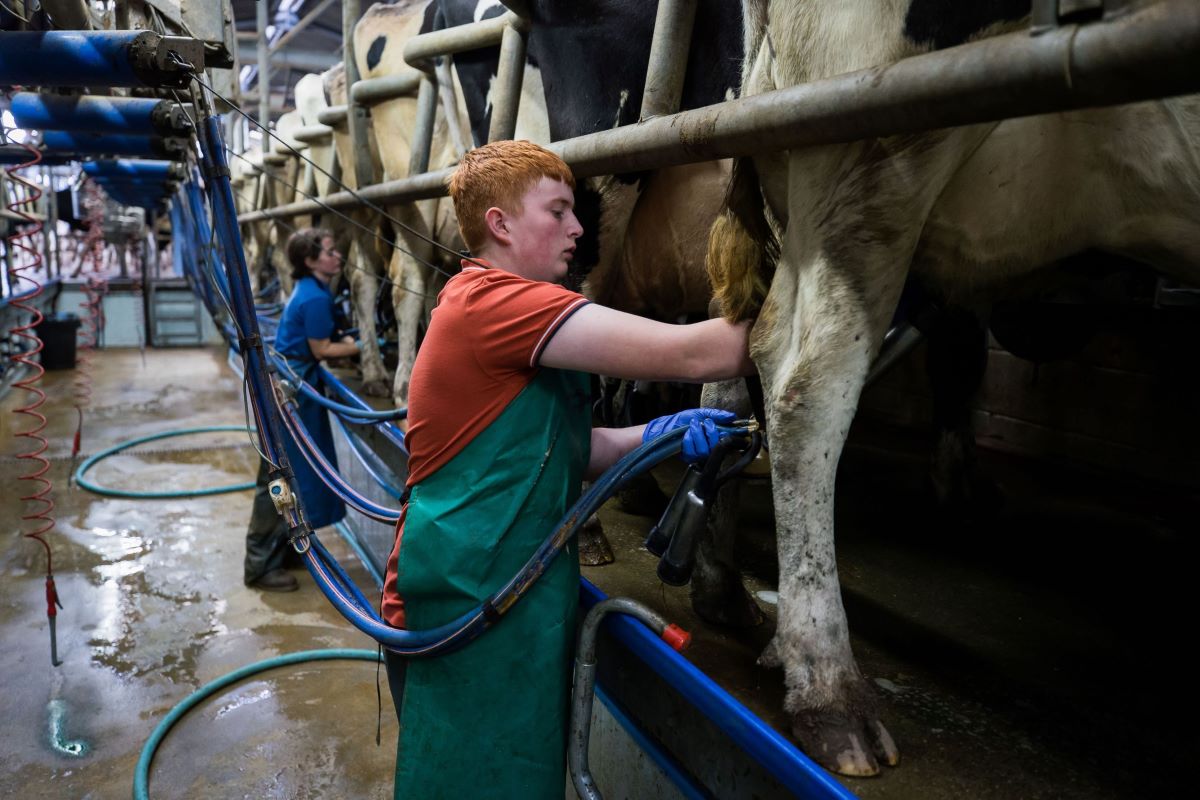List of key workers whose children will be prioritised during the period of school closures

If your work is critical to the COVID-19 response, or you work in one of the critical sectors listed below, and you cannot keep your child safe at home then your children will be prioritised for education provision:
Commenting on the list of key workers whose children will be prioritised during the period of school closures,
 Dr Mary Bousted, Joint General Secretary of the National Education Union, said:
Dr Mary Bousted, Joint General Secretary of the National Education Union, said:
“This is a very long list and could result in some schools having the majority of pupils attending. This will not achieve the goal of slowing the spread of the virus.
“So it is vitally important that parents follow government advice to keep their children at home, wherever possible.
“Schools can only accommodate a limited number of children and the fewer children making the journey to school, and the fewer children in educational settings, the lower the risk that the virus can spread.”

Misleading claims that school are closed has caused chaos and confusion – Chris Keates, Acting General Secretary of the NASUWT-The Teachers’ Union, said:
“Despite the headlines constantly stating that schools are closed, the Government has set out that all schools will need to cater for children of key workers and for vulnerable children during this uncertain period. Special schools are to remain open regardless.
“Schools have been plunged into chaos and confusion as they try to answer such basic questions as who are the key workers, how do we identify their children, what evidence is it reasonable to request from parents and what happens if other children turn up for school.
“Teachers are unclear whether they should be in work or out or what they will be expected to do if they are in work.
“The most overwhelming concern is what steps are being taken to protect their health and welfare given that they are being expected to remain in the front line, continuing to work with children and young people who may be carriers of COVID 19.
“The Government says that its scientific analysis suggests that risk to teachers following the “closure” of schools is low due to ‘small numbers’ of children who will be in schools. However, these numbers are not spread evenly across the system and some schools have reported that they will need to cater for significant numbers of pupils.”
Cllr James Jamieson, Local Government Association Chairman, said:
“We are pleased that government has heard our call to class local government staff as critical workers. This is justified recognition of the vital local role they are playing to try and minimise the spread of the coronavirus, protect the most vulnerable, support our local businesses and bring together our communities.
“Across the country, councils and their staff – including social workers, transport drivers, community coordinators, public health officials and refuse collectors – are on the frontline in the battle against this disease. Other staff such as planners, and administrative support workers are now being refocused to support those efforts in communities or provide the back-office capacity that is needed.
“Working day and night they will all continue supporting communities through this crisis, acting as a fourth emergency service and stepping up to the unprecedented challenge we face as a nation.”
Critical sectors list
Health and social care
This includes but is not limited to doctors, nurses, midwives, paramedics, social workers, care workers, and other frontline health and social care staff including volunteers; the support and specialist staff required to maintain the UK’s health and social care sector; those working as part of the health and social care supply chain, including producers and distributers of medicines and medical and personal protective equipment.
Education and childcare
This includes nursery and teaching staff, social workers and those specialist education professionals who must remain active during the COVID-19 response to deliver this approach.
Key public services
This includes those essential to the running of the justice system, religious staff, charities and workers delivering key frontline services, those responsible for the management of the deceased, and journalists and broadcasters who are providing public service broadcasting.
Local and national government
This only includes those administrative occupations essential to the effective delivery of the COVID-19 response or delivering essential public services such as the payment of benefits, including in government agencies and arms length bodies.
Food and other necessary goods
This includes those involved in food production, processing, distribution, sale and delivery as well as those essential to the provision of other key goods (for example hygienic and veterinary medicines).
Public safety and national security
This includes police and support staff, Ministry of Defence civilians, contractor and armed forces personnel (those critical to the delivery of key defence and national security outputs and essential to the response to the COVID-19 pandemic), fire and rescue service employees (including support staff), National Crime Agency staff, those maintaining border security, prison and probation staff and other national security roles, including those overseas.
Transport
This includes those who will keep the air, water, road and rail passenger and freight transport modes operating during the COVID-19 response, including those working on transport systems through which supply chains pass.
Utilities, communication and financial services
This includes staff needed for essential financial services provision (including but not limited to workers in banks, building societies and financial market infrastructure), the oil, gas, electricity and water sectors (including sewerage), information technology and data infrastructure sector and primary industry supplies to continue during the COVID-19 response, as well as key staff working in the civil nuclear, chemicals, telecommunications (including but not limited to network operations, field engineering, call centre staff, IT and data infrastructure, 999 and 111 critical services), postal services and delivery, payments providers and waste disposal sectors.











Responses